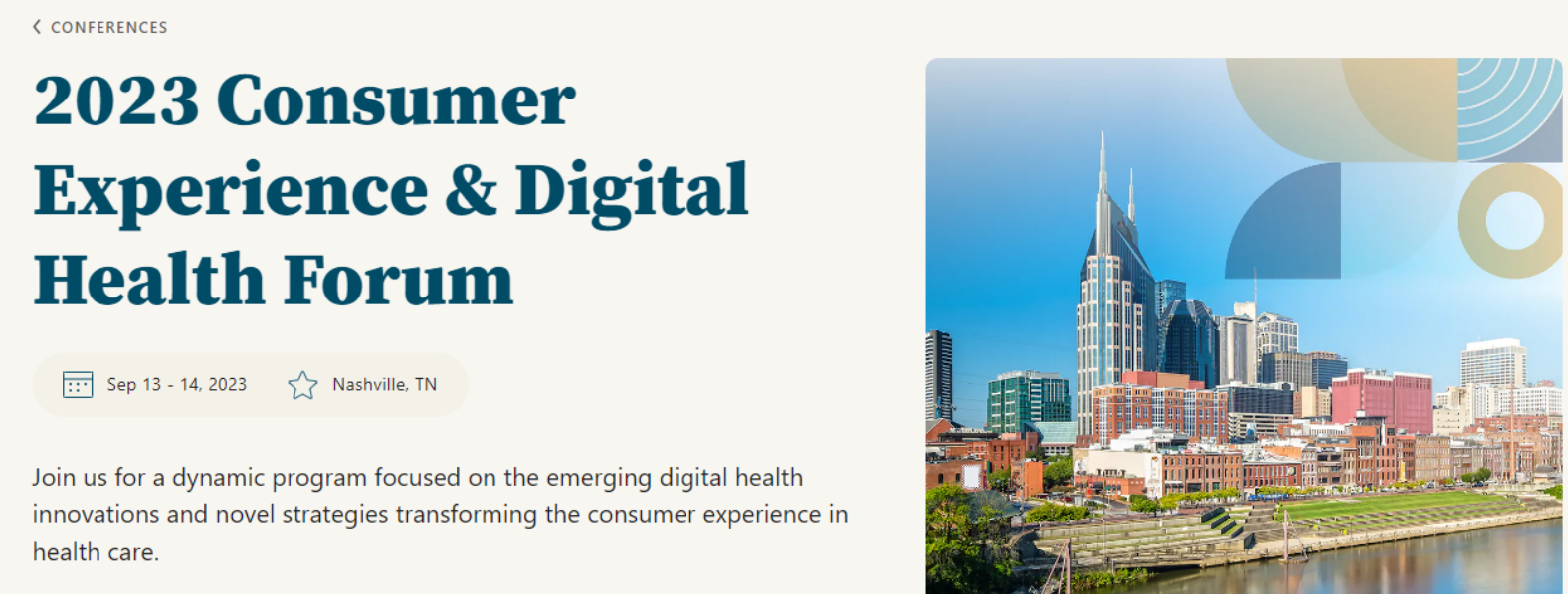AI & Health Care: What does the future hold?

Industry stakeholders recently gathered in Nashville for AHIP’s Consumer Experience and Digital Health Forum to talk about technology developments and the potential of artificial intelligence in the health care space, with enthusiasm tempered by caution.
Key themes addressed included :
AI can be used to streamline and enhance administrative processes.
Any use of AI should be done with transparency and proper governance.
Humans should always be monitoring AI decisions and output.
Streamlining Administrative Processes
One of the most widely acknowledged problems in health care is rampant provider burnout. AI has great potential to streamline documentation requirements for providers and simplify processes like prior authorization that help ensure patients receive medically necessary and cost-effective treatment.
Additionally, AI is expected to further enhance the way insurers personalize care for their members and engage with them. Using member data, generative AI can help tailor member care to their own unique needs.
Transparency & Governance
The rate of AI adoption is directly related to the speed of trust. While there is much potential for AI, there are inherent risks such as biases and hallucinations - a term used to describe a situation in which an artificial intelligence system generates information, data, or content that is not based entirely on reality or fabricated.
AI models are only as good as the data that goes into them. Having an effective governance structure ensures AI and machine-learning outputs are accurate and reliable and as clear of bias as possible.
Human Interaction
AI is expected to enhance productivity, create new jobs, and transform existing ones. But while AI can augment human capabilities and provide valuable insights, human interaction remains essential to ensure AI technologies are developed, deployed, and used responsibly and ethically.
Policy Perspective
Although this was not a policy-focused conference, lawmakers and health care leaders need to monitor and consider how AI in health care will intersect with public policy. Transparency, governance, and human interaction are all areas for potential regulation to help ensure a responsible and ethical framework for AI adoption.

